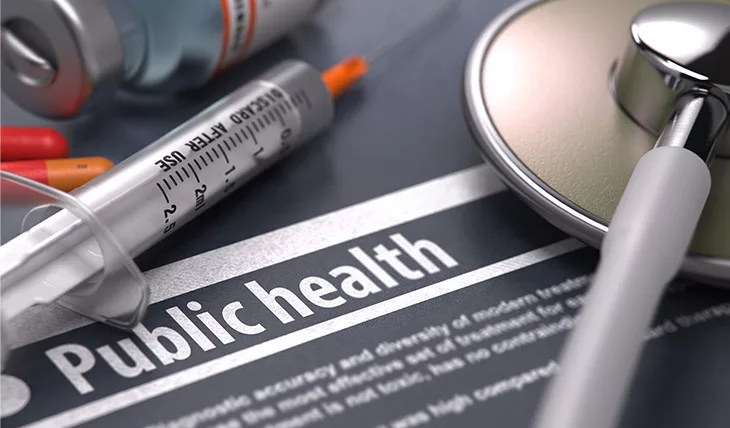What Can You Do? – Public Health & NEMT
It’s important to reflect on the role we play in people’s lives as professionals providing NEMT solutions. April is National Public Health Awareness month, and we wanted to take a closer look at how providers and the services they offer aren’t just a part of the public health industry, but an answer to ongoing issues.
The Issues at Hand
Public health is a field that covers a lot of ground, but here are some notable instances we saw while doing our research where NEMT could be a help:
Obesity & Diabetes
These two health issues are a common aspect of public health discussions, but, according to an article in TR News, a National Academies workshop showed a clear connection between active transportation and infrastructure surrounding a community’s rate of obesity and diabetes.
The role NEMT providers could play is quite clear here, with the right coordination and planning these two key public health issues could be reduced simply by providers doing what they do best, and possibly using medical transportation technology to increase efficiency to meet a growing, critical demand.
Dialysis Complications
In a piece from the National Academies’ blog, they addressed the fact that transportation to dialysis appointments is becoming a critical issue. There’s an increasing number of people with end-stage renal disease that need proper transport so they can receive treatment three times a week. They typically would use public transport, but depending on the individual, that may not be an option.
NEMT solutions not only offer a service to fill the gap, but also a potentially better option than public transport. While public transport drivers may be well-trained and do their best to give everyone a good experience, value-based care has become more and more prevalent with NEMT providers, whereas this same paradigm shift doesn’t necessarily apply to public transport.
Equity of Care
Having written on this issue before, we were particularly invested in what National Public Health Week (NPHW) had to say on accessibility and social determinants of health in health care transportation. In their article, they stated that 26% of the US lives with a disability, and is especially common in tribal communities, with 2 in 5 people living with disability. This makes the percentage of people living with disability in those communities 14% higher than the national average. 37% of adults with disabilities weren’t able to receive consistent preventative care or primary care due to cost. This delay of care poses a greater risk for other health issues like heart disease and diabetes.
While the “easy” answer here is that with the right NEMT services, these issues could be mitigated, but they’re certainly more complex than that. We’ll explore a little more below.
Where to Go from Here
With all three issues addressed above, NEMT solutions all provide a possible answer, but it’s just a piece of the puzzle, especially when it comes to equity of care. From what we’ve seen in some of our previous pieces, providers can offer more comprehensive solutions by providing programs or trips more specifically tailored to various community and health needs. For example, a provider could take a two-pronged approach to closing the gap in care for those living with disabilities by increasing their number of wheelchair accessible vehicles and teaching members of the community how they can secure government funding for transportation. When it comes to issues like this, there are no simple answers, but it’s crucial to look at your offerings with a critical lens and identify where you can serve.
